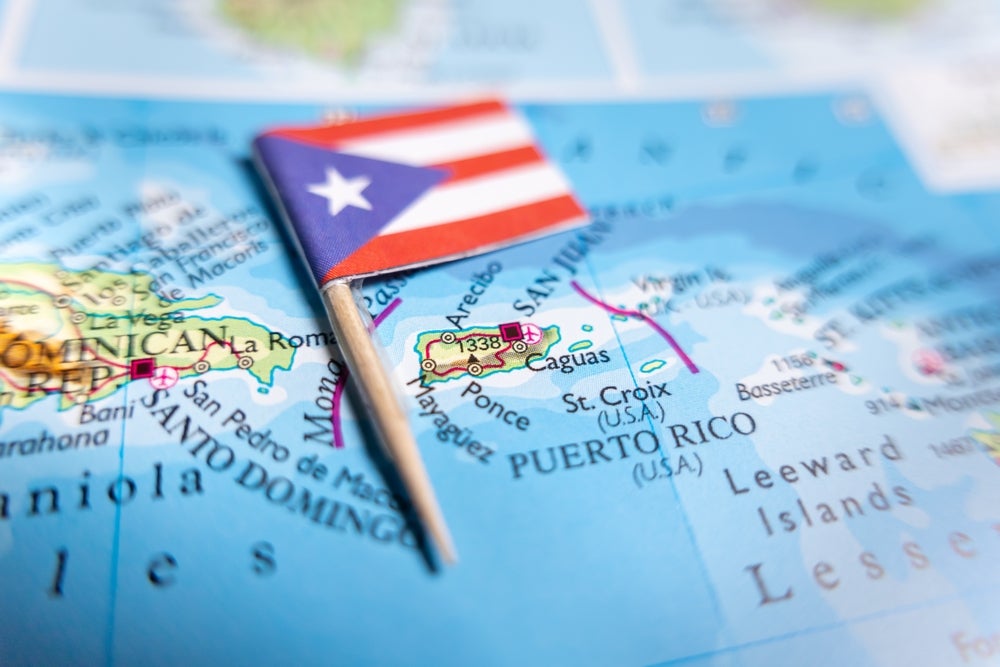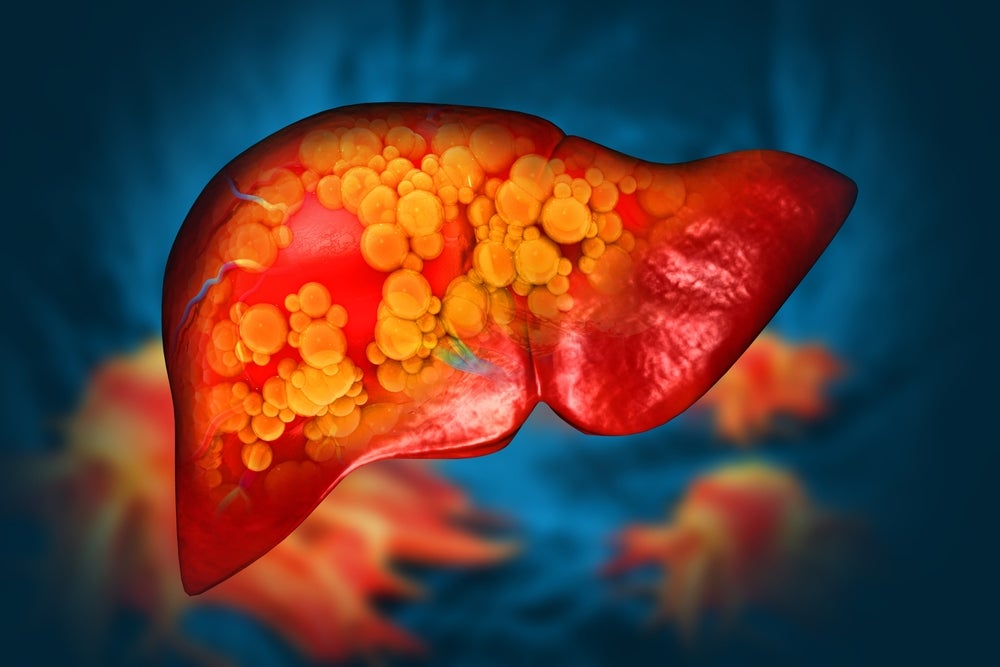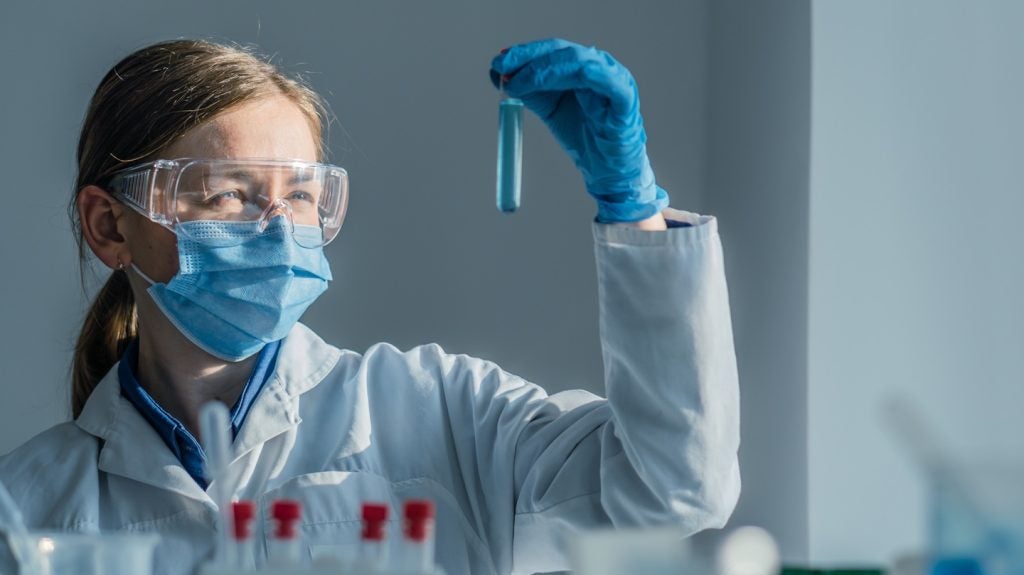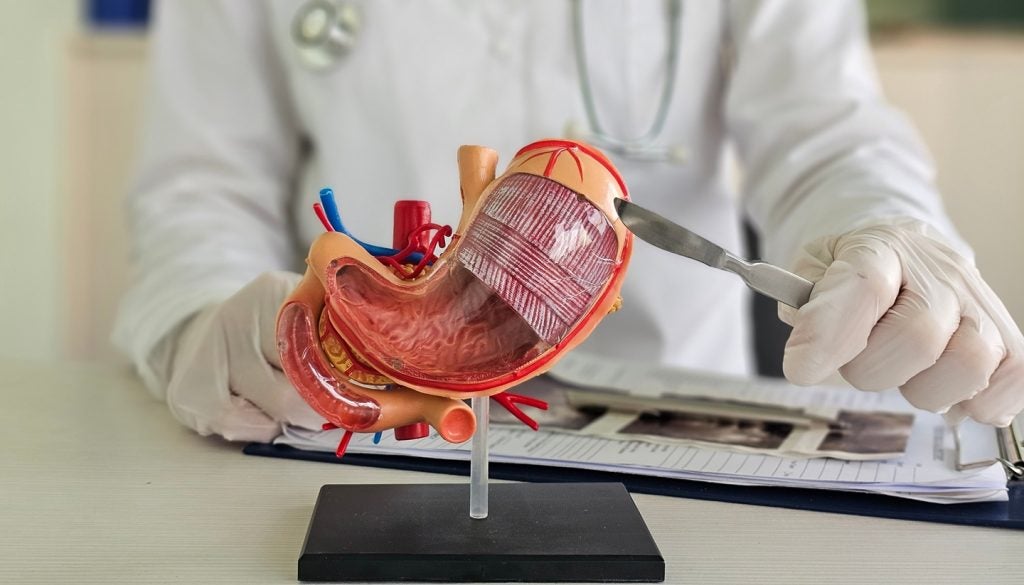Eli Lilly and NVIDIA will build a new supercomputer to accelerate drug discovery and shorten development cycles, marking one of the largest AI partnerships in the pharma industry to date.
According to Eli Lilly, the supercomputer – powered by more than a thousand graphics processing units (GPUs) – will serve as an “AI factory”, a computing infrastructure that manages the entire AI lifecycle. The supercomputer will run on renewable electricity and be housed within Lilly facilities.
From a pharmaceutical perspective, the new computing power will allow scientists to train AI models on millions of experiments to identify potential medicines. Several models will be available on Lilly TuneLab, the company’s $1bn AI/ML drug discovery platform that biotechs can use for free as long as they provide training data in return.
Beyond expanding drug discovery, Lilly plans to harness the supercomputer to shorten development cycles. The technology will be applied across planning, medical imaging, and manufacturing processes.
Nvidia’s healthcare vice-president Kimberly Powell said: "Modern AI factories are becoming the new instrument of science - enabling the shift from trial-and-error discovery to a more intentional design of medicines."
Lilly’s chief AI officer Thomas Fuchs said: “This isn't just about speed, but rather interrogating biology at scale, deepening our understanding of disease and translating that knowledge into meaningful advances for people served by Lilly medicines as well as the broader life sciences ecosystem."
While Lilly’s and Nvidia’s supercomputer might be the largest in the pharma industry, the utilisation of AI in drug development is far from a new avenue. Using AI in the earlier stages of a drug’s lifecycle can improve success rates, cut costs, and expand the scope of new medicine identification. Several big pharma companies have signed AI partnership deals, both with tech companies such as Nvidia and with biotechs possessing AI-discovered pipelines.
AstraZeneca’s senior director in oncology data science said in March 2025 that AI must be a “thought partner” in drug discovery.
Novo Nordisk, meanwhile, signed a deal with Nvidia to use the latter’s supercomputer housed at the Danish Centre for AI Innovation in June 2025.
Nvidia has also built the UK’s most powerful supercomputer, dubbed Cambridge-1, in a joint partnership with GSK, AstraZeneca and the UK’s National Health Service (NHS).
The global market for specialised AI applications is forecast to reach $512bn by 2030, according to a report by GlobalData.














